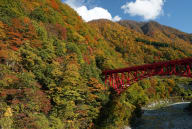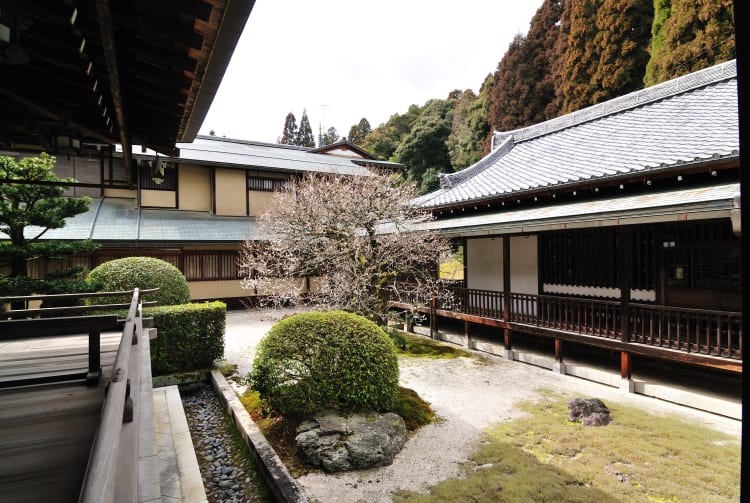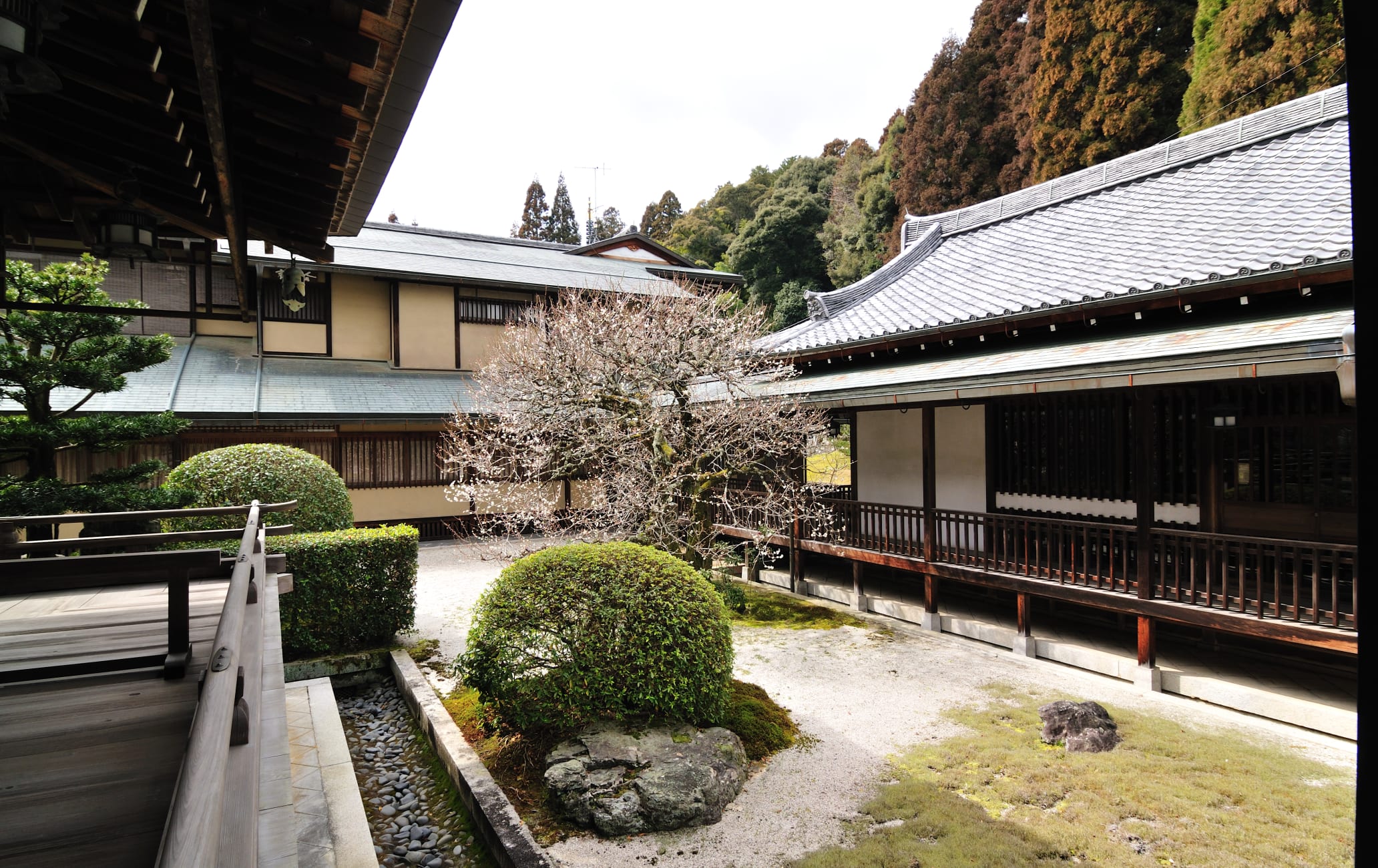Haz un viaje hasta el templo del musgo
Se cree que el templo Saihoji, también conocido como Kokedera, con su exuberante jardín cubierto por lechos de musgo, fue fundado por Muso Kokushi en el siglo XIV, un maestro jardinero que restauró un antiguo templo que estaba en ruinas.
Desde el período Nara, los terrenos se utilizaron para fijar la residencia del príncipe Shotoku, antes de que fuesen consagrados como templo por el famoso sacerdote Gyogi. El jardín se abrió al público por primera vez en 1928 y en la actualidad está declarado Patrimonio de la Humanidad por la UNESCO.
No te pierdas
- Una visita durante la estación lluviosa de junio, cuando el jardín está en su máximo esplendor
- El jardín de rocas karesansui
Datos breves
El jardín cuenta con más de 120 especies distintas de musgo
El jardín se hizo muy famoso tras el auge de la jardinería producido después de la guerra, sobre todo al ser el marco de la novela Kokyo de Osaragi Jiro
Cómo llegar
Kokedera está a 20 minutos a pie de la estación de Matsuo Taisha en la línea Hankyu Arashiyama.
Uno de los jardines más famosos de Kioto
Llamado Kokedera o el templo del musgo, este es uno de los jardines más famosos de Kioto: un jardín seco de impresionante belleza creado con rocas, arena y plantas en una ladera detrás del vestíbulo principal. Los visitantes pueden disfrutar del paisaje mientras pasean por el estanque. El jardín está cubierto por más de 120 especies de musgo diferentes, creando un ambiente tranquilo y especial en un intenso color verde.
El significado del nombre
El estanque tiene la forma del caracter chino «kokoro», que puede significar tanto alma como corazón. El estanque tiene tres islas con los nombres de Amanecer, Atardecer y Rocío. Las casas del té que alberga en su interior tienen nombres sacados de la colección de koans budistas, Blue Cliff Record.
Cuando estés aquí, apúntate a un taller de copia de sutra. Para solicitudes de inscripción y más información, visita el sitio web en: http://saihoji-kokedera.com/














































